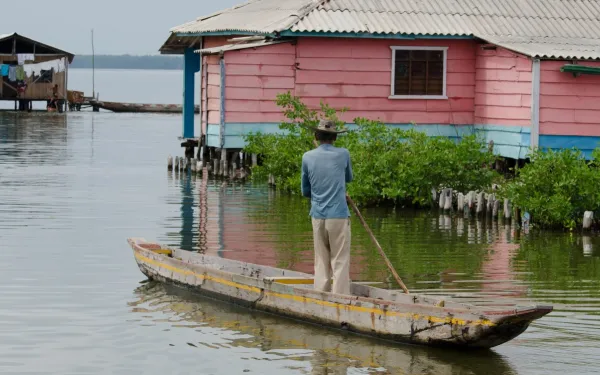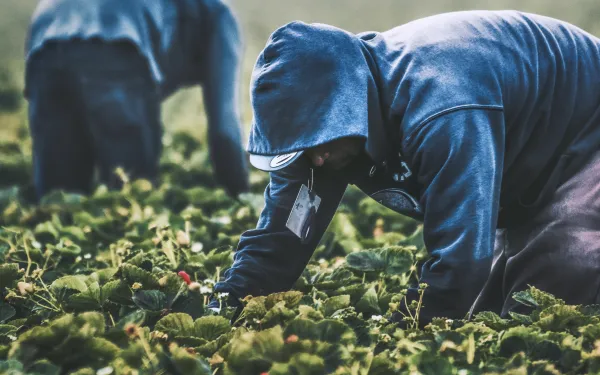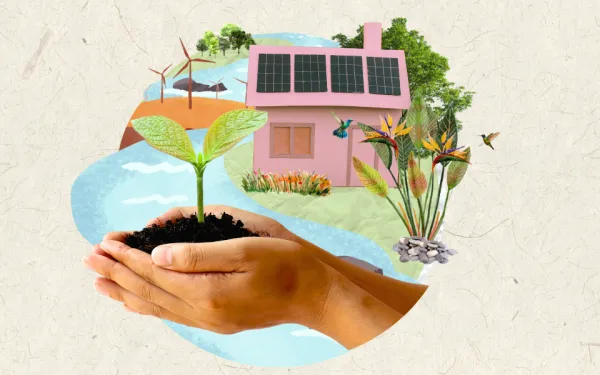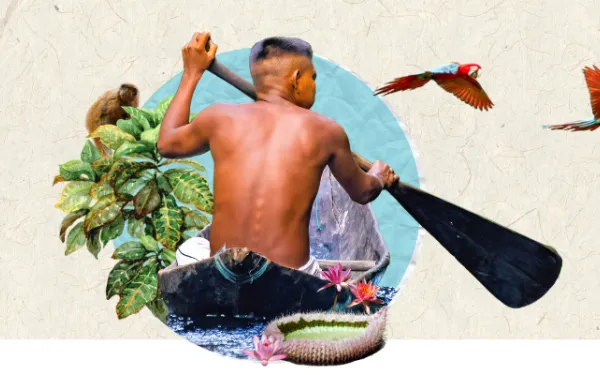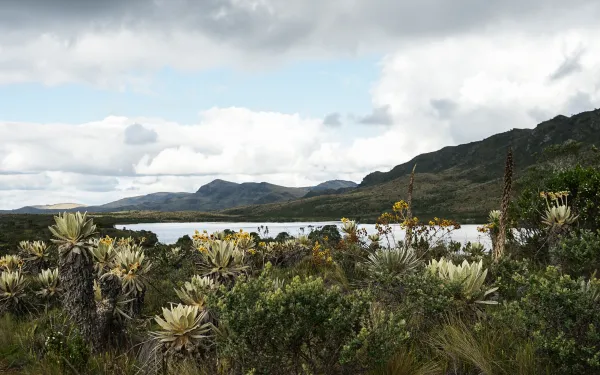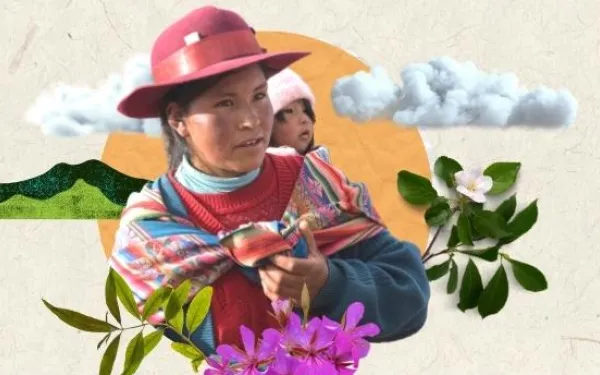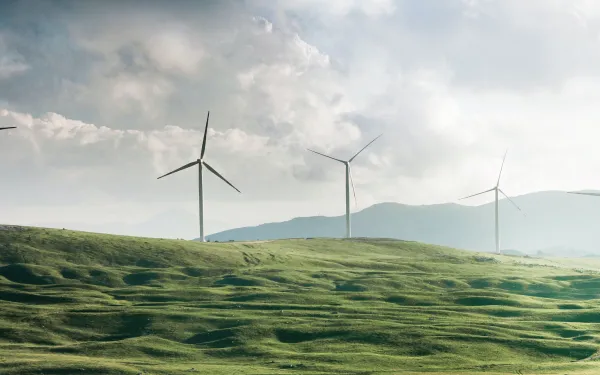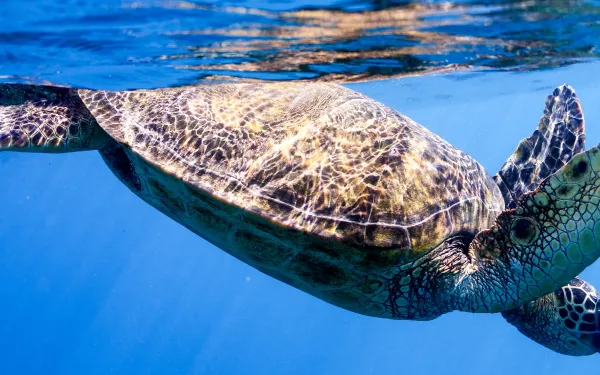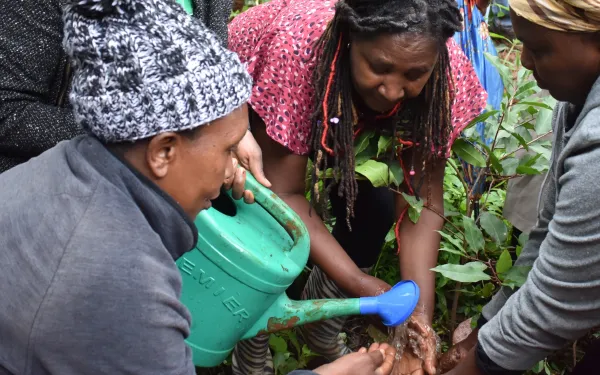
Session 3 of the 'Transformative Global Experiences on Water Governance' Webinar Series
Integrated and inclusive water management: Experiences of community resistance to harmful investment projects with a watershed approach in Kenya The Transformative Water Pact (TWP) is an innovative framework for water governance. It consolidates vital principles and an action framework to guide decision-making toward transformative change in water management. This is achieved through an alternative vision based on principles of environmental justice, equity, and water stewardship.The proposed vision of the TWP is a comprehensive approach that addresses the current water crises caused by unsustainable human activities. It promotes governance and justice models that sustain life on Earth. It recognizes that the flourishing of water bodies and ecosystems and the diversity of social, cultural, and natural values must be prioritized as an end in itself.This webinar series aimed to facilitate a dialogue among the TWP co-authors and their allies, focusing on global South countries' water governance and justice challenges. The goal was to highlight the impact of sharing valuable global experiences in advocacy, litigation, local solutions, campaigning, and research that have contributed to advancing the protection of the right to water worldwide.Each session addressed specific challenges and share lessons learned from experiences in water governance and justice in Latin America, Africa, and Asia. Co-authoring organizations invited experts and/or organizations to present actual cases on water governance and the protection of water ecosystems in their respective areas.This third and final session explored how community organizing, capacity building, and progressive policies can improve sustainable water conservation in Kenya, focusing on transparent, inclusive governance at the basin level and the role of community networks in managing shared water resources. Special attention was given to the challenges of water privatization and the involvement of foreign entities with local governments, aiming to build a shared understanding of water as a common good and foster solutions for equitable access. PanelSebastián Abad Jara, attorney with the Interamerican Association for Environmental Defense (AIDA).Violet Matiru, Executive Director of Millennium Community Development Initiatives (MCDI).Gituanja Gachie, founder of Community Action for Nature in Githunguri.Halinishi Yusuf, PhD Candidate in New Castle University and former Managing Director of the Makueni County Sand Conservation and Utilization Authority. Recording
Read more
